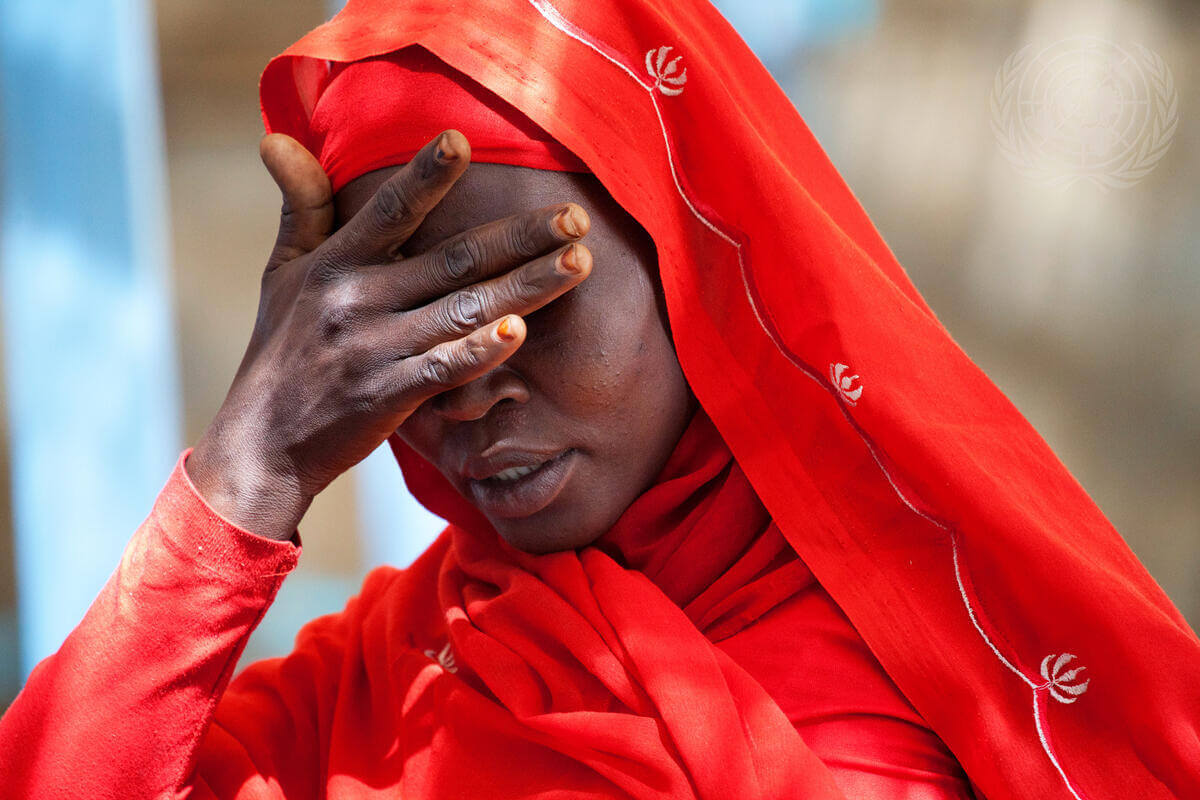Gender and emergencies
Women are especially hard hit by emergencies: as the United Nation’s Michelle de Bachelet has said: “It’s more dangerous to be a woman than a combatant in a conflict zone today.” Read about ending sexual violence in conflict here.
The Anglican Alliance is working to promote and strengthen the engagement of local churches with gender issues before, during and after disasters. Learning from the experience of churches in disaster-prone areas, we are identifying practical and effective measures to protect and support women and girls. We promote and support a proactive role of churches in fighting discrimination and power inequalities.
Understanding the impact of emergencies on women
- Rape may be used as a weapon of war
- Gender-based violence: sexual abuse, physical, emotional and psychological violence, harmful traditional practices
- Women-headed households affected by poverty and stigma
- Devastating impact of disasters on maternal and infant health
- Lack of mobility of women and children increase vulnerability
Outreach by the Church
- Listening, identifying, recording.
- Providing immediate and essential support.
- Protecting women and girls from harm.
- Reporting abuse and seeking justice for those affected.
- Pressing authorities to provide security for women and girls.
- Working to overcome discrimination against raped women.
Anglican churches are embedded in the community and can play a key role in addressing the particular needs of women and girls.
Empowering women in emergencies
- Supporting women’s leadership during emergencies.
- Recognising the role of women in conflict-affected societies.
- Promoting women’s associations and support groups.
- Raising awareness among women about their rights.
- Ensuring women are involved at all stages of the emergency cycle: preparedness, response and recovery.
- Working with men to fight discrimination and power inequalities.
The church must be an example of equality and inclusion and challenge stereotypes that serve to oppress women.

A woman living in a camp for Internally Displaced People in North Darfur, expresses her sorrow over the increase in rapes in the area. Photo: UN /Albert Gonzalez Farran (2012)
Anglicans in Goma, in the Diocese of Bukavu, DRC, have done inspiring work to support women affected by conflict. Many women who turn to the Church in Goma for help have suffered physical injuries as a result of gender-based violence: rape is used as a weapon of war in DRC. Some women have enduring mental health difficulties as a result of these atrocities. Anglicans in Goma are working to support the women, and reconcile them with their families where possible. It’s inspiring work, and the Alliance is learning from it to share around the Communion.
Links
- We Will Speak Out - a global Christian coalition
- E-Learning Course - Managing Gender-based violence Programmes in Emergencies – (English – French – Spanish)
- Guidelines for Gender-based Violence Interventions in Humanitarian Settings
- Guidelines for Prevention and Response
- Remembering Precious and other survivors on the International Day for the Elimination of Sexual Violence in Conflict
